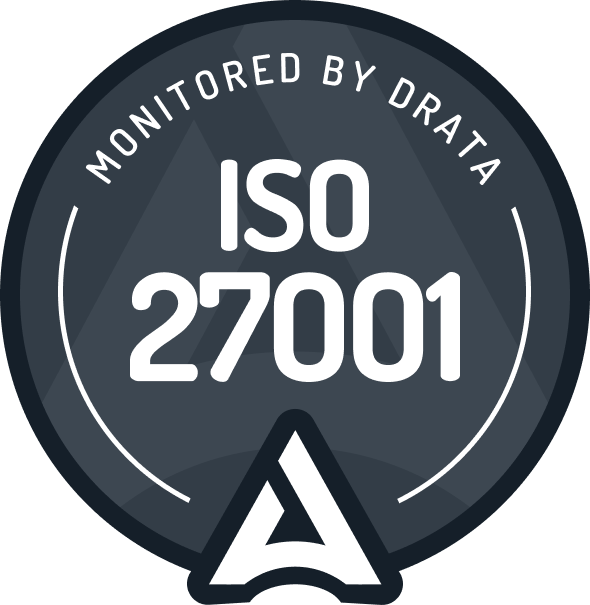Year-End Payroll Compliance Guide

As the year draws to a close, businesses are not only gearing up for the festive season but also grappling with the complexities of year-end payroll compliance.
Navigating this crucial period requires meticulous planning, especially considering various factors such as public holidays, employees working overtime, holiday staffing, and record-keeping processes that can be difficult to keep up with during this time of year. In this article, we will explore the considerations that businesses should account for to ensure a smooth and compliant year-end payroll process.
Overtime
One of the first considerations in year-end payroll compliance is accounting for overtime. The festive season often sees an increase in business activities, with a higher chance of employees working overtime. Understanding and correctly implementing overtime payments are crucial as it is a common entitlement frequently subjected to underpayment.
Employers should be aware of various overtime triggers in their applicable award or enterprise agreement such as:
- The number of days an employee can work in a week or the mandatory days off in a week or roster cycle.
- Employees that may be considered ‘Regular Sunday Workers’it’s essential to verify rules concerning required days off within the roster period
- The maximum number of ordinary hours an employee can work per day/shift before they are entitled to overtime.
- If there are any overtime payments or entitlements if an employee works through a meal break.
- Other unique clauses that may entitle employees to overtime payments
Public Holidays
Due to the number of public holidays over the holiday period, it is essential for employers to ensure they not only have the correct public holiday rates configured in their payroll system, but also:
- Account for different public holidays across states and regional areas.
- Account for part day public holidays (Christmas Eve and New Years Eve).
- Any additional public holidays in accordance with an enterprise agreement.
- Ensure annual leave taken over public holidays is not counted towards an annual leave day.
Holiday Staffing
The holiday season often brings challenges related to staffing, as businesses may need to adjust their workforce to meet increased demand or accommodate employees' vacation requests. Employers must carefully manage holiday staffing to ensure proper coverage while adhering to employment laws and contractual obligations.
Additional temporary staff, often known as “Christmas Casuals”, may be hired to meet customer demand. It is important businesses maintain record keeping obligations and all information accurately recorded and wages payments are in accordance with applicable award or enterprise agreement.
Record Keeping
Maintaining meticulous records is a year-round necessity for businesses, but it becomes especially crucial during the holiday rush. This includes keeping track of hours worked, overtime calculations, timesheet and pay records for all employees, even those temporary employees. Having all the required information of when your employees worked will not only allow you to reconcile payments more easily if required, but also prove compliance.
Annualised Wage Employees
Ensuring annualised wage employees work within their annualised wage agreement during the year has proven difficult, let alone during the busiest time of the year. It can be easy to lose track of the amount of hours an employee has worked or adhere to the required rostering requirements.
Employees may find themselves working additional hours that fall outside their annualised wage agreements, necessitating additional payments on top of their annualised wage payments.
To navigate this, it is imperative for employers to check the relevant rules and conditions, especially any “outer limits” that may apply in awards.. It is crucial to ascertain the entitlements covered within each employee's annualised wage and, if any are omitted, make provisions for additional payments.
When creating rosters, careful consideration must be given to the possibility of employees exceeding the hours or entitlements stipulated in their arrangement. Employers should meticulously review and reconcile any supplementary or "top-up" payments required to cover additional entitlements or hours outside the established arrangement. Utilising tools like our Annualised Wage Arrangement Roster Model for HIGA and RIA, available on our website, can facilitate the forecasting and adjustment of rosters during this season. This proactive approach ensures that annualised wage employees receive fair compensation and safeguards against any potential compliance issues.
Finishing the year off strong
Navigating year-end payroll compliance requires careful consideration of public holidays, overtime hours, holiday staffing, record-keeping and employment arrangements, especially for employees on annualised wages.
By staying informed about regulatory changes, maintaining accurate records, and communicating effectively with employees, businesses can streamline the year-end payroll process and set the stage for a successful start to the new year. Ultimately, investing the time and effort into comprehensive payroll compliance pays off in terms of workforce satisfaction.




.png)


.png)













.webp)

.webp)